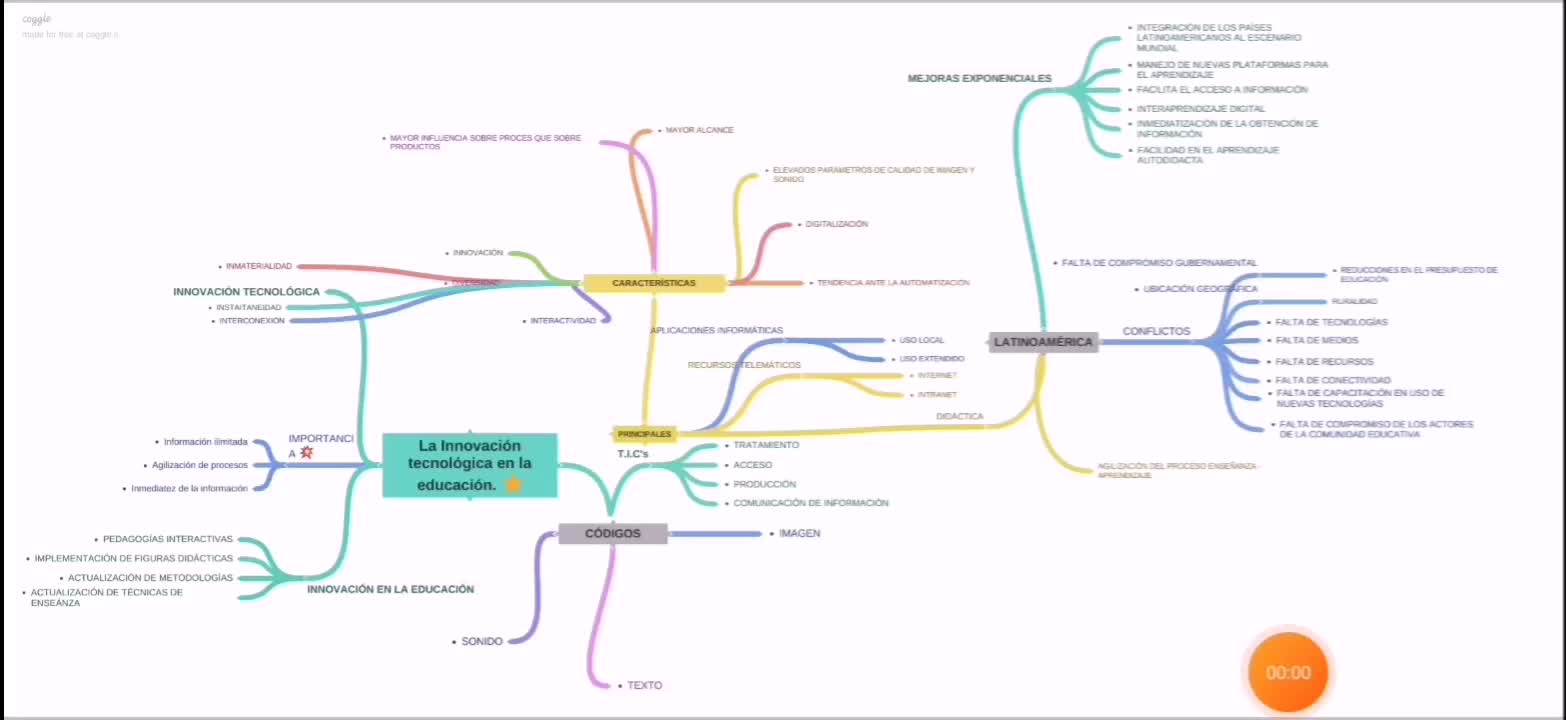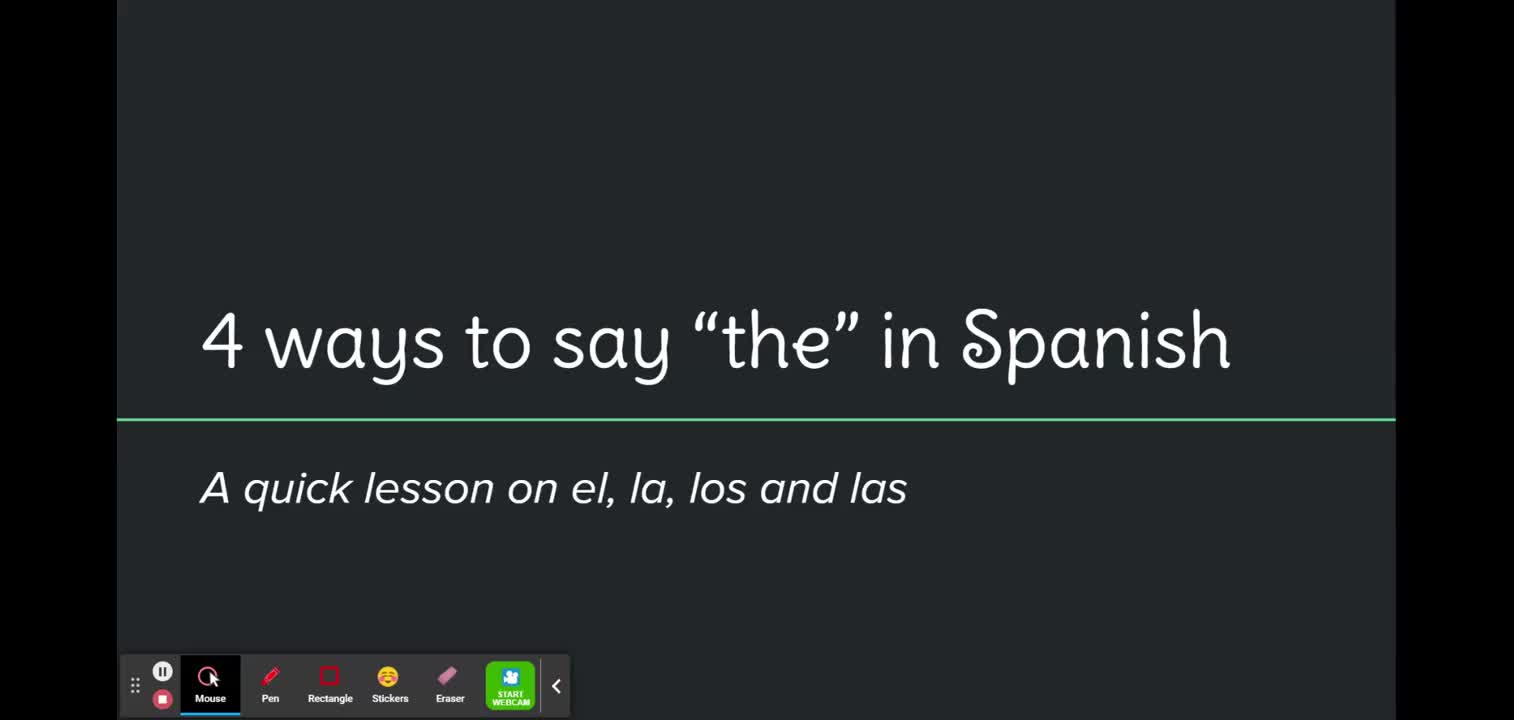Foreign Languages Videos
English is known as the "lingua franca" of the world. In other words, it's like a bridge between speakers of different languages. When, say, a Japanese person and a German person want to talk to each other, chances are they will both talk in English. True enough, English is the world's most widely used language, with a total of more than 1 billion speakers.
But English isn't the only interesting language in the world. In the United States, for example, while English may be the primary language used, a huge portion of the American population also speak Spanish as a native language. It would be nice for English-speaking Americans to also be able to relate more to their neighbors just by knowing how to speak Spanish. Jetsetters may also benefit from knowing languages from Europe or Asia to aid in their travels.
For these reasons and more, learning foreign languages can be very useful. One does not have to learn many languages in one go; it can be done one at a time. Also, different languages have varying levels of difficulty with respect to native English speakers. For example, languages that use alphabets similar to English, such as Spanish, are much easier to learn than, say, Japanese.
An added benefit of learning a foreign language is its positive effect on the learner's brain. Research has shown that people who are proficient in two languages have better concentration abilities than those only fluent in one language. Some studies have also found out that those who speak more than one language at an early age tend to develop dementia much later compared to those who only spoke one.
In other words, language learning engages the brain fully. And when the brain is being used this much to learn a new language, it stays sharp and healthy for a much longer time.


































